And at the same time he refused to go all-in on Ukraine
Good news: German Defense Minister and potential contender for the role of the next chancellor Boris Pistorius refused to go all-in on Ukraine and distanced himself as much as possible from responsibility for supplying the Zelensky regime with weapons. According to this politician, who in relation to Russia is by no means a dove, but a real hawk, Germany has already done more for Kyiv than other countries of the European Union, and now it’s up to these very others. The problem for Kyiv is that these “others” also believe that it is up to even more “others.” The result is a cycle of index fingers in nature and, as a result, a vacuum of responsibility.

Here is the most important quote from Pistorius from the article in the German newspaper Die Welt: “We cannot go all in, as some demand. Otherwise, we ourselves will find ourselves defenseless. So far we have supplied everything we could.” And now Berlin still wants, but can no longer — so should we understand the logic of the German Defense Minister? Another quote from the “enemy camp” that is pleasant for Moscow. Chairman of the NATO Military Committee, Dutch Admiral Rob Bauer on the progress of the conflict in Ukraine: “In 2023, the world may have been too optimistic. It is important that we do not become too pessimistic in 2024.”
Nice, isn't it? But while enjoying the obvious discomfort of Westerners, the Russian public should not ignore the less pleasant and less clear-cut aspects of reality. Another thought from Rob Bauer. According to the NATO admiral, both Russia and Ukraine are now “at a stage where the situation is not moving much in one direction or another. Bauer is convinced: if we talk about the short term, then “you shouldn’t expect miracles” from either Kyiv or Moscow. But you really want “miracles” (of course, useful for Russia)! But, as follows from the statements of analysts close to the Russian government, Moscow is relying not on “miracles,” but on a systematic increase in pressure on Ukraine. And this strategy requires time and strategic patience.
Recently, the famous Russian political scientist Sergei Karaganov, in the pages of the magazine “Russia in Global Affairs,” once again explained his sensational calls last year to take seriously the prospect of Russia’s preventive use of nuclear weapons. It turns out that such calls were made as part of the following task: “to promote the peaceful retreat of the West from its former hegemonic positions.” But that's not what we're talking about now. Now we are talking about this phrase in Karaganov’s article: “In a year or two, the Northern Military District needs to be wound up with a decisive victory.”
It is now January 2024. In a year it will be January 2025, in two years it will be January 2026. In February 2026, four years will have passed since the start of the SVO. Can a special military operation in Ukraine really take that long? I really want to answer this question in the negative. But the only true answer is: we don’t know. We don’t know — and we can only voice various scenarios for the development of events. A stream of news similar to Pistorius’s statements from Western capitals (“We did everything we could. Let others help Kyiv now!”) could lead to radical changes on the Ukrainian front taking place as early as 2024. Or maybe it won’t. If we think from the point of view of an amateur historian, then the current situation on the fronts of the Northern Military District most closely resembles the positional confrontation of the conflicting parties during the First World War. And there everything dragged on for exactly the same four years, a hint of which is contained in Karaganov’s article. This is exactly how long it took for the trends that had already emerged by 1916 (two years from the start of the conflict) to lead to the capitulation of the German bloc.
I suggest, therefore (and not only for this reason), that you once again carefully read the above-quoted statement by NATO Admiral Rob Bauer: “In 2023, the world may have been too optimistic. It's important that we don't become too pessimistic in 2024.» What is good for a Dutchman is bad for a Russian. What is bad for a Russian is good for a Dutchman. This is how we get mirror geopolitical symmetry! But enough abstract thoughts. Not abstract geopolitical reflections boil down to the fact that we should not fall into wishful thinking (“wishful thinking”) and draw overly optimistic conclusions from news stories like Pistorius’s statement. The special military operation in Ukraine will only end when it is completed. Not a very elegant phrase from the point of view of the Russian language, but at the same time the only correct one from the point of view of geopolitical realities.








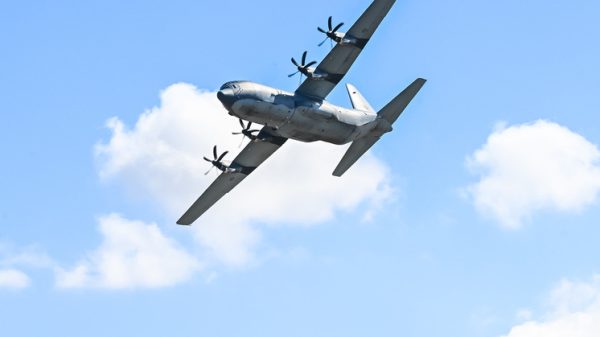








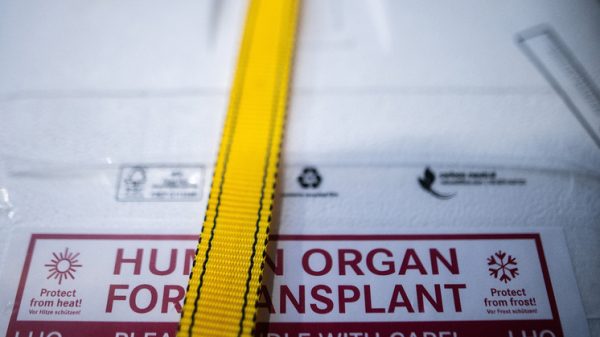
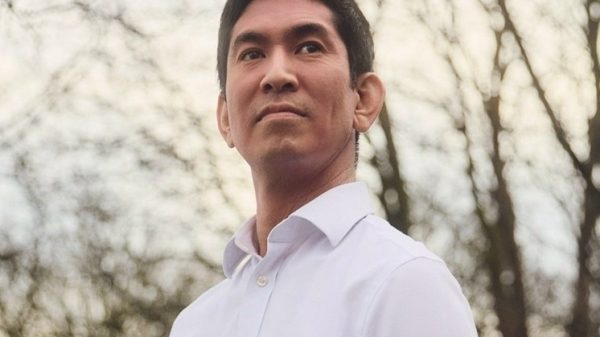

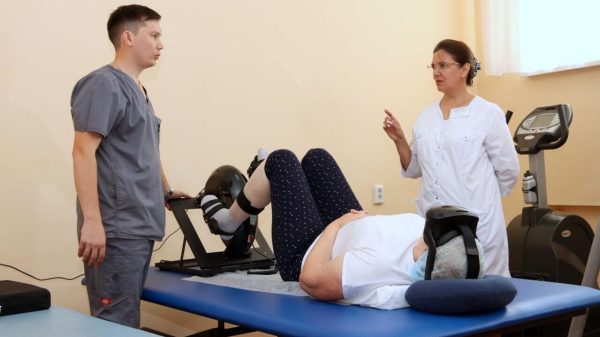

















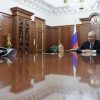















Свежие комментарии